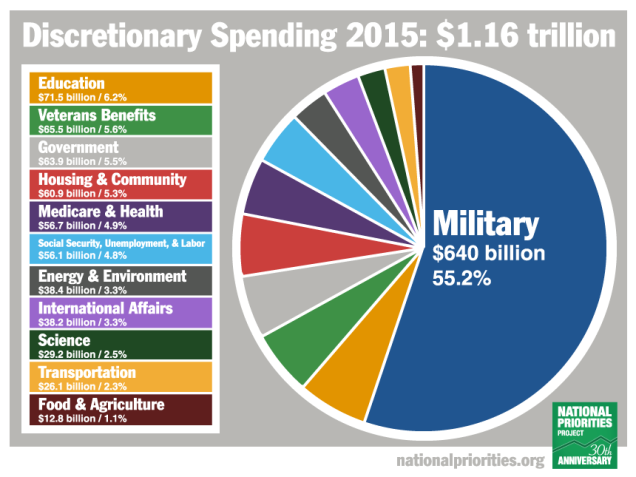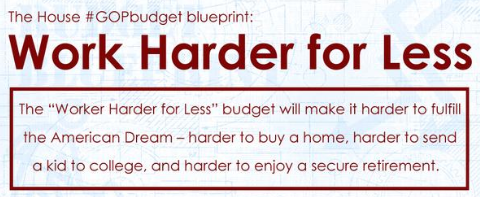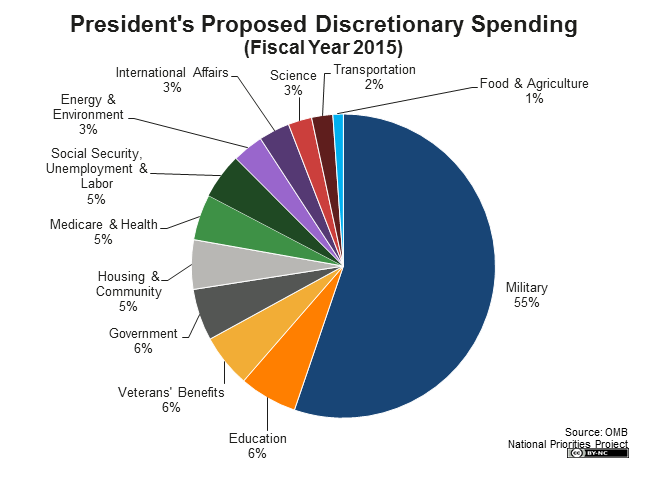
The 2015 fiscal year ends on September 30, 2015 and we do not yet have a 2016 budget, a transportation bill, nor a resolution to Veterans Administration shortfalls which may shutter a number of VA hospitals. And if that isn’t enough on their plates to handle when they only plan to actually work 16 days between now and then, they also need to resolve their issues with the Iran Nuclear Deal. AND … there are no plans to cancel their August recess.
Iran Nuclear Deal
Last week, the United States along with France, Germany, the United Kingdom, Russia, and China signed a deal with Iran to substantially limit Iran’s nuclear program in exchange for the removal of international sanctions.

Under the new nuclear deal, “Iran has committed to extraordinary and robust monitoring, verification, and inspection,” according to the White House. “International inspectors from the International Atomic Energy Agency (IAEA) will not only be continuously monitoring every element of Iran’s declared nuclear program, but they will also be verifying that no fissile material is covertly carted off to a secret location to build a bomb. And if IAEA inspectors become aware of a suspicious location, Iran has agreed to implement the Additional Protocol to their IAEA Safeguards Agreement, which will allow inspectors to access and inspect any site they deem suspicious. Such suspicions can be triggered by holes in the ground that could be uranium mines, intelligence reports, unexplained purchases, or isotope alarms.” (Please take the time to read more here.)

Congress must now review the deal—and decide whether to pass a resolution to disapprove the agreement. The entire process could take up to 82 days, and during that time, the President cannot lift sanctions on Iran until the review and voting period is over. The law also requires the Administration to provide detailed reports to Congress every 90 days to ensure that Iran is complying with the nuclear agreement.
Here’s how that review process should work, according to legislation passed by Congress and signed by the President in May: The White House delivered the agreement to Congress on Monday—five days after the signing of the Iran deal. Now, Congress has 60 days to review it, or until mid-September. (Keep in mind that Congress will be in recess from August 10 – Sept. 7.) Congress then has 12 days (by the end of September) to vote on a joint resolution approving or disapproving the deal. Or Congress could opt to do nothing.
If Congress passes a resolution disapproving the deal, the President will most likely veto their disapproval. Congress would then have 10 days to override the veto, which would require a two-thirds majority in both the Senate and House. (If Congress were to override a veto, the President would lose his ability to waive sanctions on Iran, which would cause the current agreement to fall through and destroy our nation’s credibility with our negotiating partners.)
Resolution Disapproving the Deal
Congressman Peter Roskam (R-IL), Chair of the House Republican Israel Caucus introduced legislation expressing the sense of the House of Representatives in disapproval of the agreement between the P5+1 and Iran. The resolution is “intended to build support for an expected vote on a formal joint resolution of disapproval in September.”
- Sponsor: Rep. Peter Roskam (R-IL) Per Rep. Roskam, this resolution “sets the stage for the 60-day lead up to a vote on this agreement by allowing Members to express their disapproval of the accord. The unprecedented outpouring of support for this resolution proves that Congress will not rubber-stamp a deal that severely threatens the United States and our allies by paving Iran’s path to a bomb.” He went on further to state, “This agreement fails on every level to ensure Iran never acquires a nuclear weapons capability. Tehran is allowed to keep much of its nuclear infrastructure intact and rewarded an $150 billion cash infusion from sanctions relief. The so-called ‘anytime, anywhere’ inspections regime in reality provides Iran nearly a month’s notice on inspections. And, in an unprecedented last-minute concession, the U.N. arms embargo and ban on ballistic missiles will be lifted in just a few short years. This is a bad deal, and it must be stopped,” according to the sponsor. (Read resolution text)
Worth Noting: Two Representatives from Nevada Mark Amodei and Joe Heck have signed on a co-sponsors of this resolution of disapproval.
Federal Budget and Appropriations
The House has been working on appropriations bills for FY 2016. Thus far, they’ve passed Commerce, Justice and Science (HR 2578); Defense (HR 2685); Energy and Water (HR 2028); Legislative (HR 2250); Military and Veterans (HR 2029); and Transportation and HUD (HR 2577) appropriations bills. But when they got to the Interior and Environment Appropriations Bill (HR 2822) last week, they had to pull it from the floor after a series of amendments were introduced regarding whether the Confederate battle flag should be displayed on public lands. Three amendments, introduced by Democrats, had been passed on July 7th that would block the National Park Service from allowing private groups to decorate graves with Confederate flags specifically in cemeteries in Georgia and Mississippi and would bar the Park Service doing business with gift shops that sell Confederate flag merchandise. Unhappy with those passed amendments, a Republican sponsored amendment was introduced essentially nullifying the passed amendments. To keep from seeing everything degenerate into a total brouhaha over the Confederate Flag, Speaker Boehner pulled the bill from the floor.
Senate Democrats have blocked consideration of appropriations bills until a new budget agreement is negotiated that will mitigate the sequestration budget cuts since 2013. Congress aims to complete the appropriations process by the end of the fiscal year, September 30. If they don’t, then they’ll need to pass a short-term Continuing Resolution to prevent yet another government shutdown.
Meanwhile, the Veterans Administration has put Congress on notice that they have a $2.5B shortfall that if not resolved will force them to start closing some VA hospitals beginning in as early as August.
Highway Trust Fund Extension
Both the Highway Account and the Mass Transit Account of the Highway Trust Fund are nearing insolvency, according to the Department of Transportation.
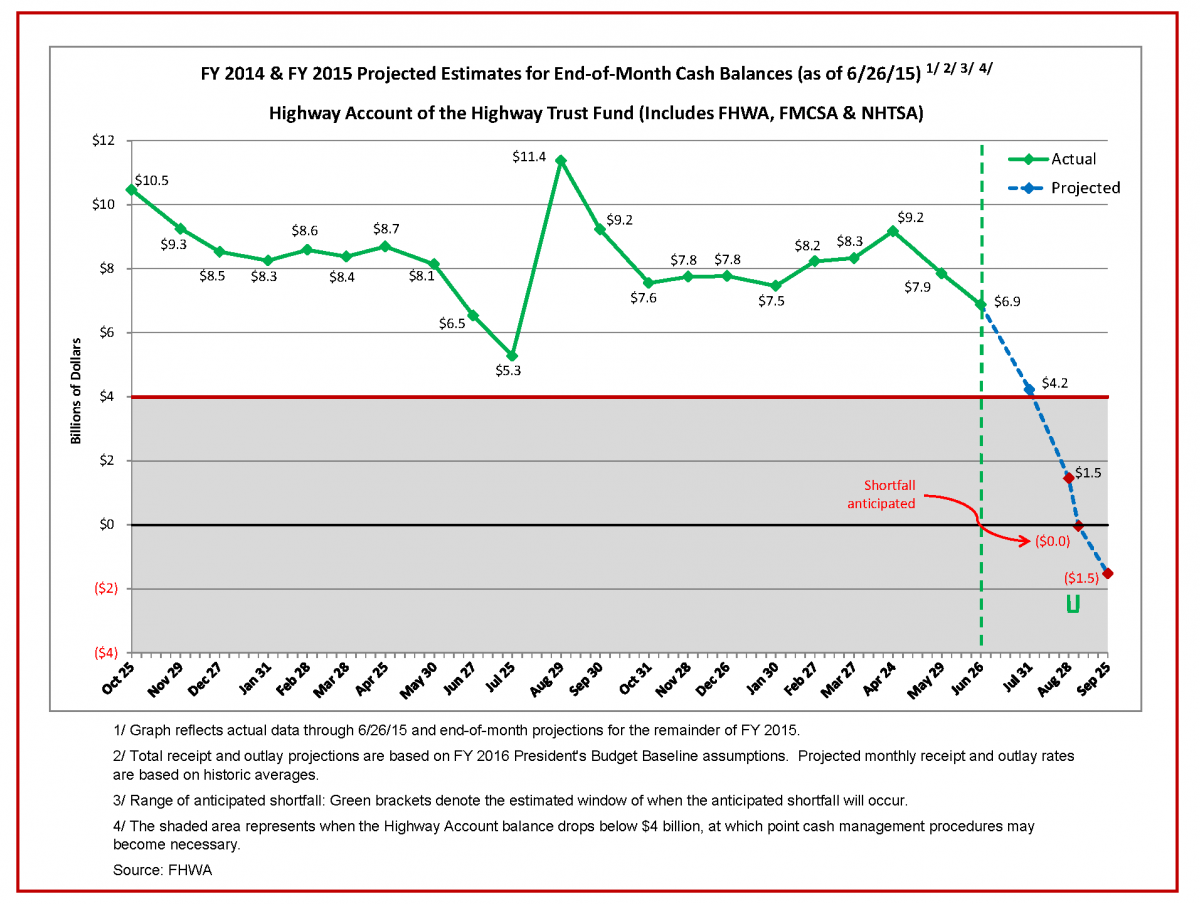
As Congressional committees met to discuss ways to keep our country’s Highway Trust Fund (HTF) solvent, Secretary Foxx urged them to adopt a long-term transportation bill with increased funding:
“The state of our nation’s infrastructure is not a partisan talking point; it is a problem facing all Americans. So I am encouraged that Members of Congress are asking the tough questions about how we will find solutions together. As I have said many times, we cannot build tomorrow’s transportation system with yesterday’s policy and yesterday’s funding; I look forward to working with both parties to pass a long-term bill that aggressively boosts investment and changes outdated policies so we can build for the future.”
With a shortfall in the Highway Trust Fund approaching, cash management steps are not far away. Because the HTF supports critical roadwork by State DOTs, these cash management procedures will slow improvements and basic repairs on roads across the U.S. With the Highway Trust Fund authorization set to expire on July 31, the House did pass an extension through December 18. You’re going to love this. The claim is that the extension would provide $8 billion in new money – $5 billion from tax compliance measures, and $3 billion in reduced spending. But true to form, it includes no new revenues, and is partly funded by a two-year extension of fees that would have sunsetted (passenger airport security fees collected by the TSA).
- Sponsor: Rep. Paul Ryan (R-WI) Extends the authorizations of the federal surface transportation programs as well as the hazardous materials transportation program and the Dingell-Johnson Sport Fish Restoration Act through Dec. 18, 2015. Funds the surface transportation programs at the level authorized for fiscal year 2014. Would transfer $6.068 billion from the General Fund to the HTF’s Highway Account, and would transfer $2 billion from the General Fund to the HTF’s Mass Transit Account. (Read bill summary.) – Passed by the House; now goes to the Senate —
This is the 34th short-term extension in the last six-years—and many in Congress are urging that they work on a comprehensive long-term bill. In past decades, Congress routinely passed six-year surface transportation bills. To that end, other bills have been proposed:
- GROW America Act (Generating Renewal, Opportunity, and Work with Accelerated Mobility, Efficiency, and Rebuilding of Infrastructure and Communities throughout America Act) [HR2410] sponsored by Rep. Peter DeFazio (D-OR). This is the Administration’s long-term surface transportation reauthorization bill. Provides a total of $478 billion over six years, a 45 percent increase for highways, bridges, public transportation, highway safety, and rail programs.
- The DRIVE Act (Developing a Reliable and innovative Vision for the Economy Act) [S1647] sponsored by Sen. Jim Inhofe (R-OK). It’s a 6-yr surface transportation reauthorization bill sporting a “new” freight program to prioritize federal spending.
Food Labeling and GMOs
Currently, the US Department of Agriculture has no authority over labeling food for the presence or absence of GMOs (Genetically Modified Organisms). This week, House will be voting on a bill mandates a national standard for labeling laws related to GMOs and that would nullify any state standards that might exceed the national minimum standard established by this bill:
- Sponsor: Rep. Mike Pompeo (R-KS) In his introduction of the bill, Rep. Pompeo indicated this bill “would establish a federal labeling standard for foods with genetically modified ingredients, giving sole authority to the Food and Drug Administration to require mandatory labeling on such foods if they are ever found to be unsafe or materially different from foods produced without GM ingredients.” He went on to say that “under SAFLA, the FDA will conduct a safety review of all new plant varieties used for genetically engineered food before those foods are introduced into commerce. This will ensure that consumers get scientifically accurate, and relevant information by allowing the FDA to specify special labeling, if it believes it is necessary to protect health and safety. In order to provide even greater transparency, my legislation includes a provision to allow those who wish to label their products as GMO-free to do so through a USDA-accredited certification process.”
NOTE: The bill, purported by some to have been written by Monsanto, prohibits States from enforcing any bills addressing GMOs that exceed the requirements of HR1599 effectively nullifying existing legislation in a number of states (Maine, Connecticut and Vermont, where foods containing GMOs are required to be labeled). If passed, the FDA would be the sole authority to require GMO labeling.
Coal Ash Regulations
According to the EPA, “coal combustion residuals are byproducts of the combustion of coal at power plants, and includes fly ash, bottom ash, boiler slag, and flue gas desulfurization (FGD) materials. CCR contain contaminants such as mercury, cadmium, and arsenic which are associated with cancer and other serious health effects. When improperly managed, CCR can leak into the groundwater, blow into the air as dust, and be released to surface water and to the land in the event of a catastrophic failure.”
The House has scheduled a vote on HR1734, a bill that would set rules governing the management and disposal of coal ash.
- Sponsor: Rep. David McKinley (R-WV) According to the House Majority Leader, this bill will “provide job-creators, and over 300,000 workers, with certainty by putting states in charge of the enforcement to implement the standards set by EPA regarding the safe disposal of coal ash,” It would authorize States to set up permit programs for coal ash, as well as allow the EPA to offer permits in States that don’t establish their own permit programs.
Really? (1) Not all States have the funding/expertise/organization to provide for enforcement, and (2) we all know how well that worked in North Carolina when they had a massive coal as spill. In addition, some Democrats in Congress believe that the bill would undermine tougher coal ash rules the EPA finalized in December 2014, which “establishes the first ever nationally applicable minimum criteria providing for the safe disposal of coal combustion residuals in landfills and surface impoundments.”
That is a seriously overloaded plate and with only 16 legislative days left in this fiscal year, that doesn’t appear to be near enough time for this unproductive Congress to resolve those issues.
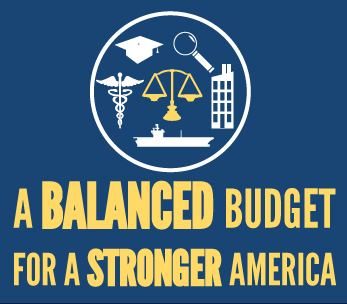 The House GOP-dominated Budget Committee held 9 hour markup, with several lawmakers going hoarse and one losing her voice. Democrats offered up 29 amendments, involving immigration reform, prescription drug prices, and equal pay. Every amendment failed, including one proposed by Rep. Debbie Dingell [D, MI-12] that would have designated $457.5M in emergency funding for Flint and required Michigan to match the federal funds. The budget advanced 20-16, with Democrats voting against and all but one Republican voting for the measure. Here’s their summary:
The House GOP-dominated Budget Committee held 9 hour markup, with several lawmakers going hoarse and one losing her voice. Democrats offered up 29 amendments, involving immigration reform, prescription drug prices, and equal pay. Every amendment failed, including one proposed by Rep. Debbie Dingell [D, MI-12] that would have designated $457.5M in emergency funding for Flint and required Michigan to match the federal funds. The budget advanced 20-16, with Democrats voting against and all but one Republican voting for the measure. Here’s their summary:






